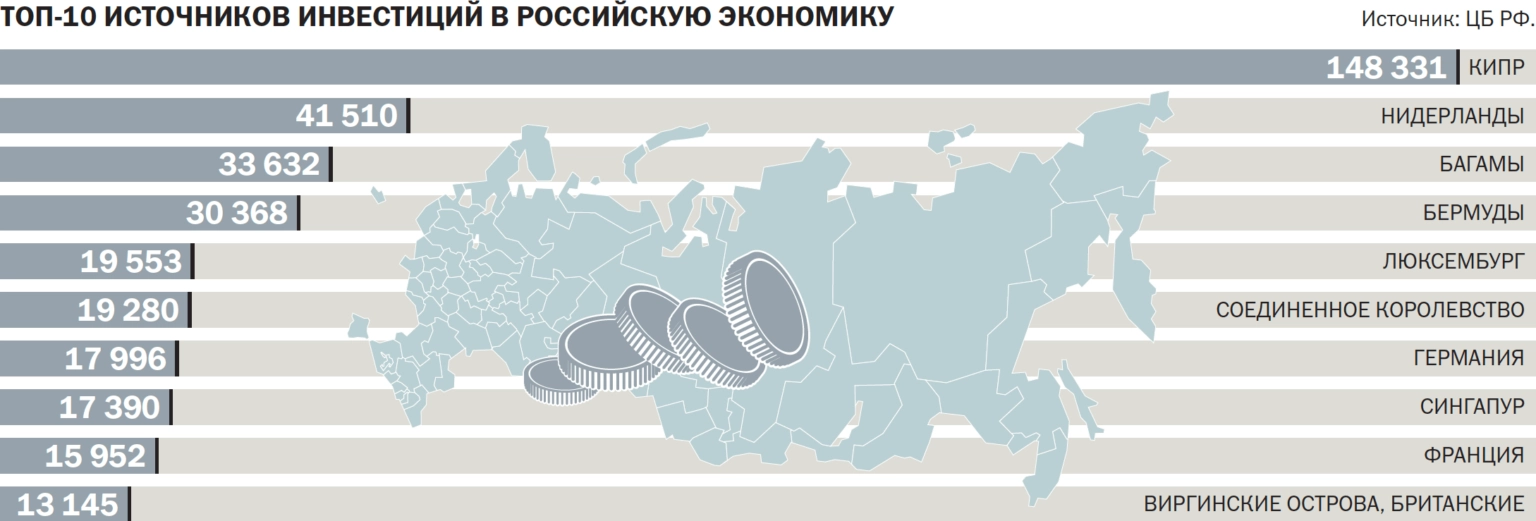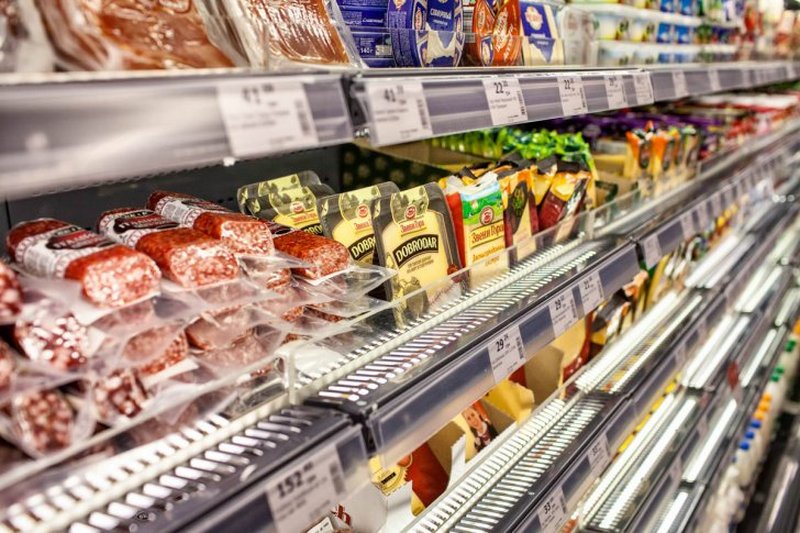Investments in Russia: a new reality
 Table of contents
Table of contents
The sanctions imposed on Russia in 2022, its break with the West, did not lead to the destruction of its economy and the fall of markets. On the contrary, new opportunities have appeared on the Russian market for foreign investors.

Russia is the largest country in the world by land area, ranked ninth in the list of the largest countries in the world by population — about 146 million people. Many of them have experienced some income growth over the past decade and are spending an increasing proportion of their income on leisure, luxury goods and services.
The crisis, which began for obvious reasons, risks becoming the most serious in Russia's recent history. According to various estimates, in 2022 Russia's GDP will fall by 8-9%, and inflation will reach 20-25% by the end of the year. In this regard, many seek to preserve their savings so that they at least do not lose their value. But traditional savings tools barely work, and others — too risky. So what can you invest in during a crisis so as not to burn out?
In fact, not everything is so bad, many foreign companies are leaving the country, and this will provide an opportunity for both large Russian brands and local brands to prove themselves. Let's take a closer look.
For example, the world's largest hotel booking platform “Booking” left Russia. level of technology began to appear ten years ago….

This is what happens in various areas of trade, the departure of foreign companies has created a vacuum, that is, the niche is now free. Some companies turned out to be more reasonable and just suspended their work, and are waiting for the right moment to resume their activities in the territory of the Russian Federation, because this will bring a lot of financial benefits against the background of outgoing competitors.
Let's think about a longer perspective. This, of course, can be a win-win situation for domestic retail, because people will still buy clothes, just like food.
During the year, we expect catching-up growth of cyclical and value sectors (industry, raw materials, infrastructure) in relation to growth sectors (IT). In case of success in overcoming the pandemic — recovery in the most affected sectors — oil and gas, air transportation, aircraft industry, tourism, cruise companies, entertainment, hotels. At the same time, the risks of investing in these sectors remain elevated, since the return to the previous way of life may be incomplete and extended over time.
The best investment solutions
In the production of consumer goods, their own niche "pains" appear. Recently, the domestic market has faced a shortage of white paper. This happened when the Svetogorsk Pulp and Paper Mill suspended work: the company purchased chemicals for paper bleaching in Finland, which stopped supplying raw materials against the backdrop of sanctions.

Now it is necessary to create the production of domestic bleaches, which, according to experts, may take time, but the solution is still extremely relevant.
Food
As for food products, there are still prospects for the production of products that fell under sanctions back in 2014. Cheese production in Russia is established only in local markets.

There are cheese dairies in the country that make quality products and win prizes at gastronomic festivals, but they are present mainly on the local market, for example, in the Altai Territory. The problem for many manufacturers is a weak national promotion strategy.
Clothes and sporting goods
Departed fashion brands did not supply the main volumes of products to Russia: clothing imports from countries that have imposed sanctions account for only 13.5% of the total volume in value terms. According to the Fashion Consulting Group, more than half of the light industry goods are imported from China.

The advantage of departed brands — in a quality product at an affordable cost, so Russian manufacturers can take the vacant niche, taking into account these characteristics.
Medicine
Medical industry and before the pandemic, it was one of the most attractive areas for investment, and now it has completely become one of the important factors demonstrating the relevance of financing, for example, in the same technologies that control the spread of infectious diseases.
Today, the topic of digitalization of medicine and healthcare — one of the fastest growing. The COVID-19 pandemic gives impetus to the development of a huge number of health tracking services — There are already more than 350,000 apps available worldwide, and their downloads are only growing.

From 2020 to 2022, companies have attracted over $120 billion in total investments, breaking the absolute record of 2018 at $78.5 billion.
First of all, it is worth noting that biopharmaceutical companies are currently in an active arms race. in the fight against COVID-19: at the moment, 92 vaccines and 419 therapeutic drugs against COVID-19 are in clinical trials worldwide, according to Biorender.
It is also impossible to note the frenzied growth of pharmaceutical companies, due to the huge demand for masks and antiseptics. And in 2022, this industry is expected to develop and grow
The pharmaceutical industry remains the most important industry — and economic, and social, and from the point of view of national security, — Mayor Sobyanin said at a recent meeting with Moscow manufacturers.
Conclusions
In general, even in unstable times, promising investments can be found. And do not sit back, any financial instrument is attractive in its own way. It will be worse if the money is in your pocket, without further investment. Also, when investing, experts advise to be patient and not expect impressive changes and huge profits in the coming weeks.
Thus, opportunities for business development open up in a variety of industries. Relevance in the production of consumer goods — from food to health products — will not change, since there is always a consumer for these categories.



 Other topics:
Other topics:
 REAB Services
REAB Services

 News
News
 Useful tip
Useful tip

